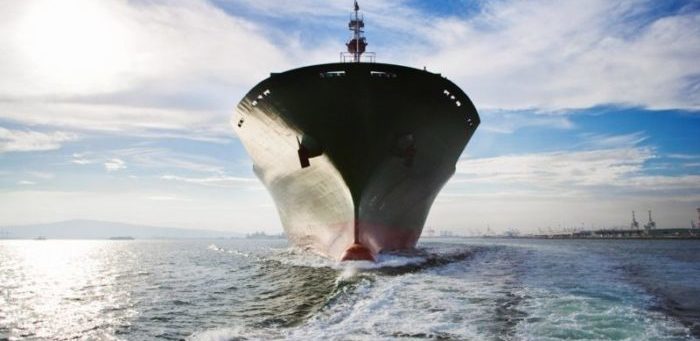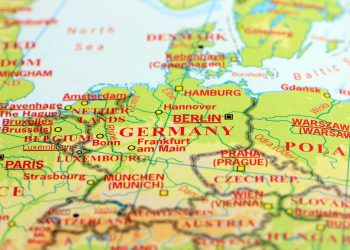Predictive Maritime Intelligence company, Windward, releases insights on the Russian-flagged fleet that is trying to pick up the slack in the banned energy and container landscape.
We are in the middle of the fourth week of Russia’s invasion into Ukraine and the disruption to the global economy is growing. The Black Sea represents the sole access some countries have to international trade, so the situation is greatly affecting the workload in these countries.
When looking at the overall volume of commercial activities in Black Sea ports, we can identify the beginning of an uplift in port operations in Russia, with no significant change in other countries since the start of the conflict.
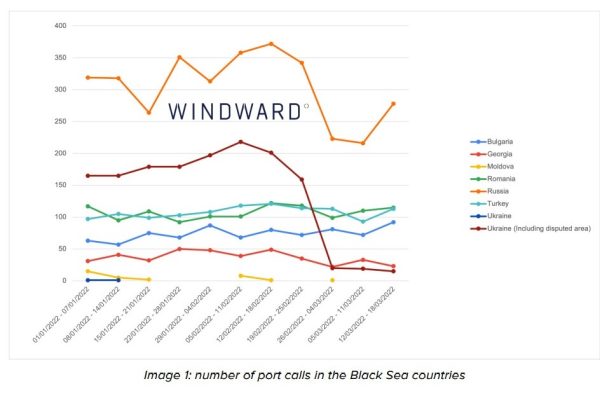
When breaking down these commercial activities by vessel class, it seems that overall container vessel operations in the Black Sea have greatly declined since the start of the invasion, and have yet to pick up again.
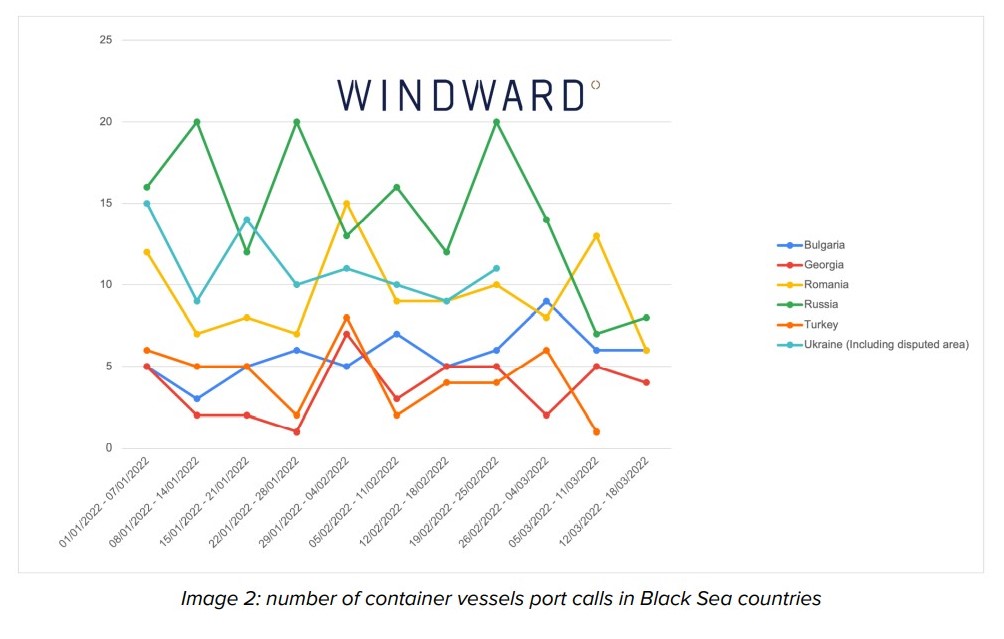
Moral and regulatory sanctions appear to be extremely efficient when it comes to container vessel operations in the Black Sea area, and Russia specifically.
There are a few exceptions, though.
When looking at the behavioral data of different sub-classes of vessels calling port in Russia, it appears that three sub-classes are experiencing an increase in their operations – general cargo, oil product tankers and oil/chemical tankers. Together, they had a 44% increase in port operations in Russia, compared to the previous week (5-11.3.22)
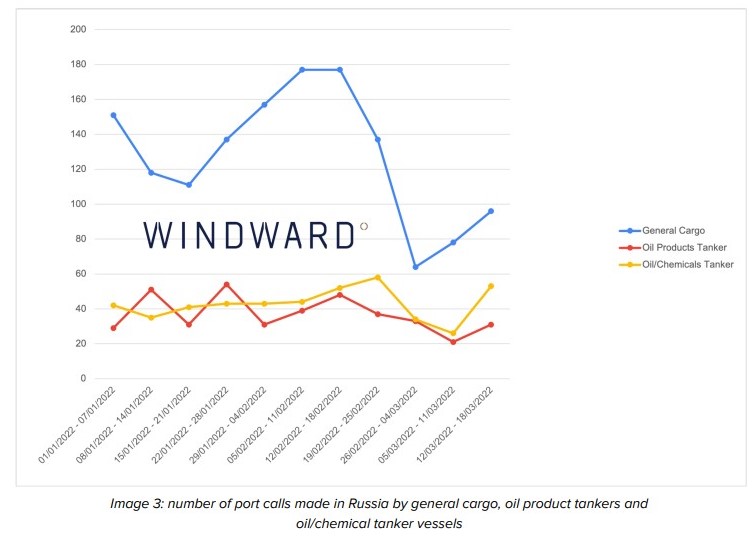
While this increase raises some questions, it is crucial to look at the full picture of the sub-classes. As the Windward data indicates, over 60% of the increase in port calls in Russia is connected to Russian-flagged vessels.
Among the other sub-class vessels that showed an increase in port-calls, we found the following flags – Panama (12 port calls), Marshall Islands (11 port calls), and Liberia (nine port-calls)
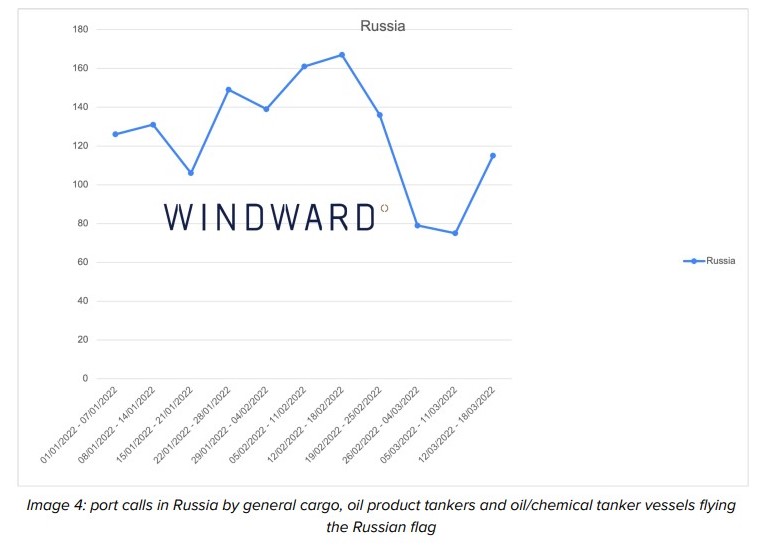
This drill-down clearly shows that while commercial operations in Russia have declined since the invasion, the Russian-flagged fleet is trying to pick up the slack in the banned energy and container landscape.
































